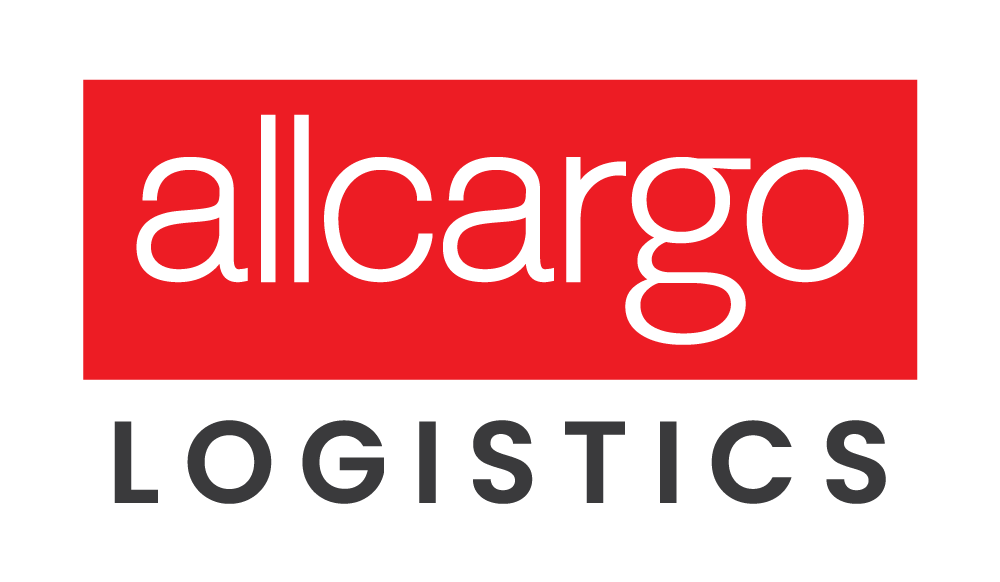Page Not Found!
Go To Homepage- Express Logistics
- Ground Express
- Air Express
- Retail Services
- Consultative Logistics
- Warehouse & Storage
- Distribution & Inbound Logistics
- Transporation Management
- Store & Line Feed
- In-plant Management
- Ecommerce Order Fulfillment
- Technology
- Sustainability
- About Us
- Board Of Directors
- Careers
- Leadership Team
- Awards & Recognition
- Allcargo Group
- Investor
- Insights
- Contact Us
- Tools
- Get Estimate
- Track Shipment
- Book your Shipment
- Convert Weight & Volume
- Branch Locator
- Claim Request
- Find a Serviceable Pincode
- Help
- Business Query?
- Raise a complaint?Track Complaint
Track Your Claim or Complain
Enter your Claim or Complain No to track its status.

